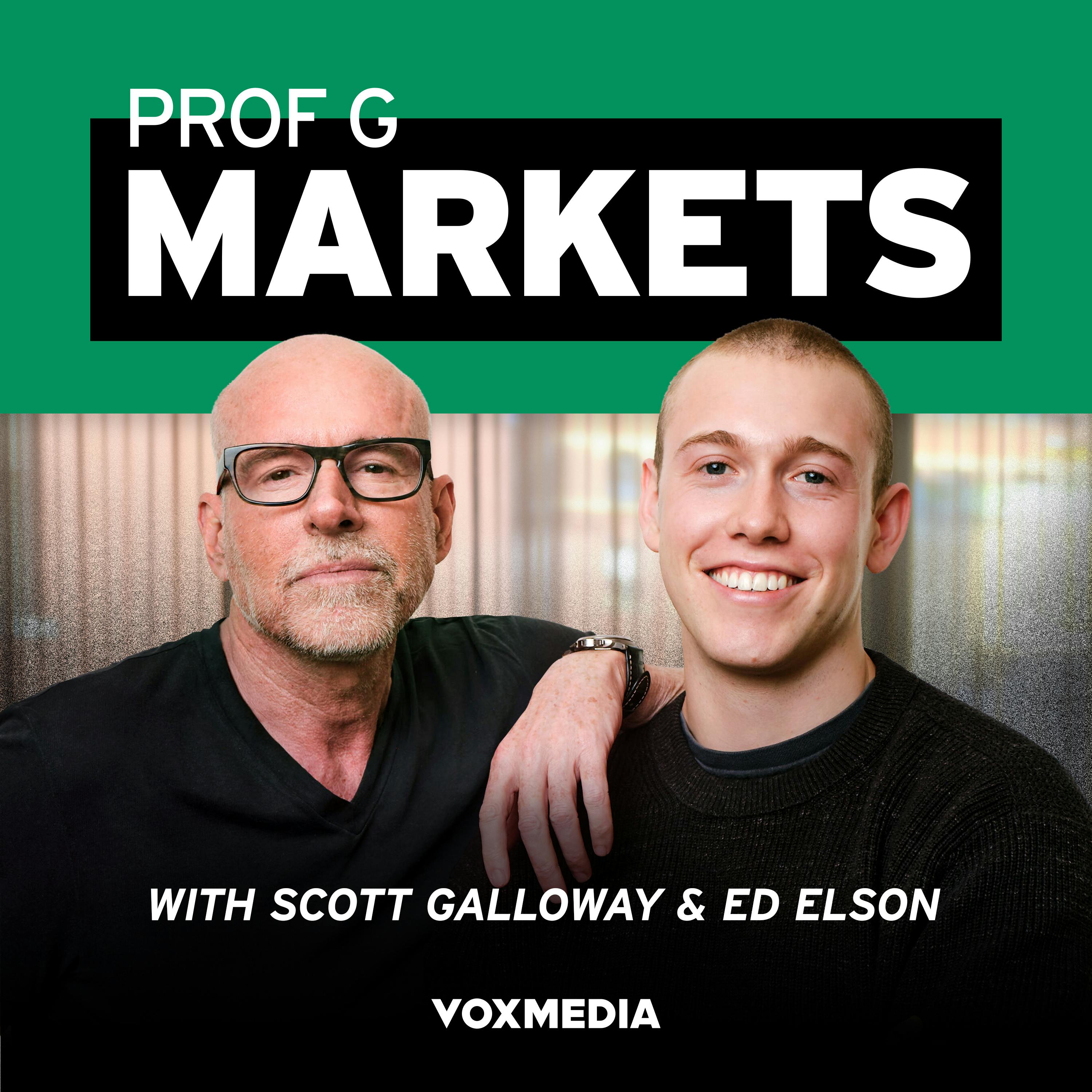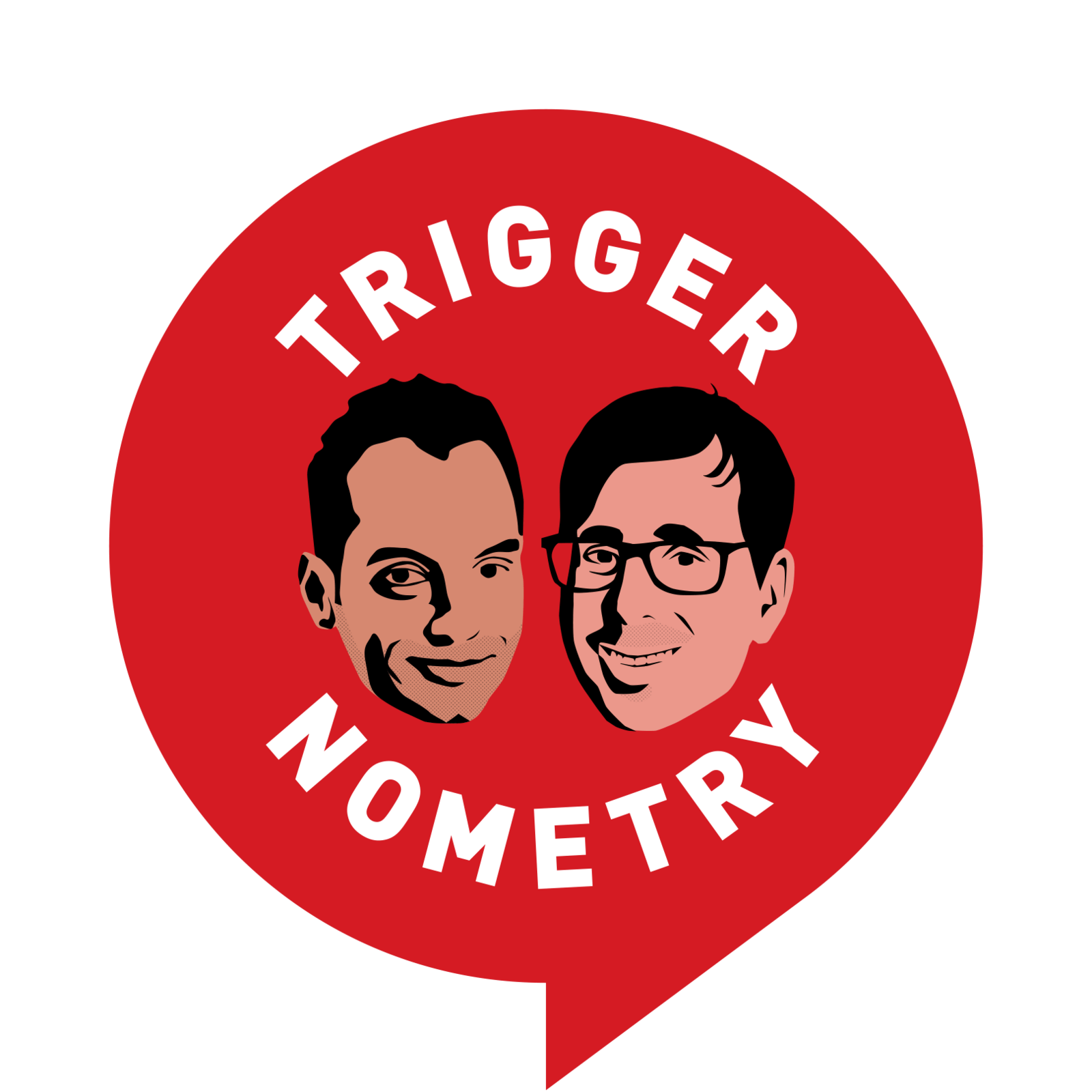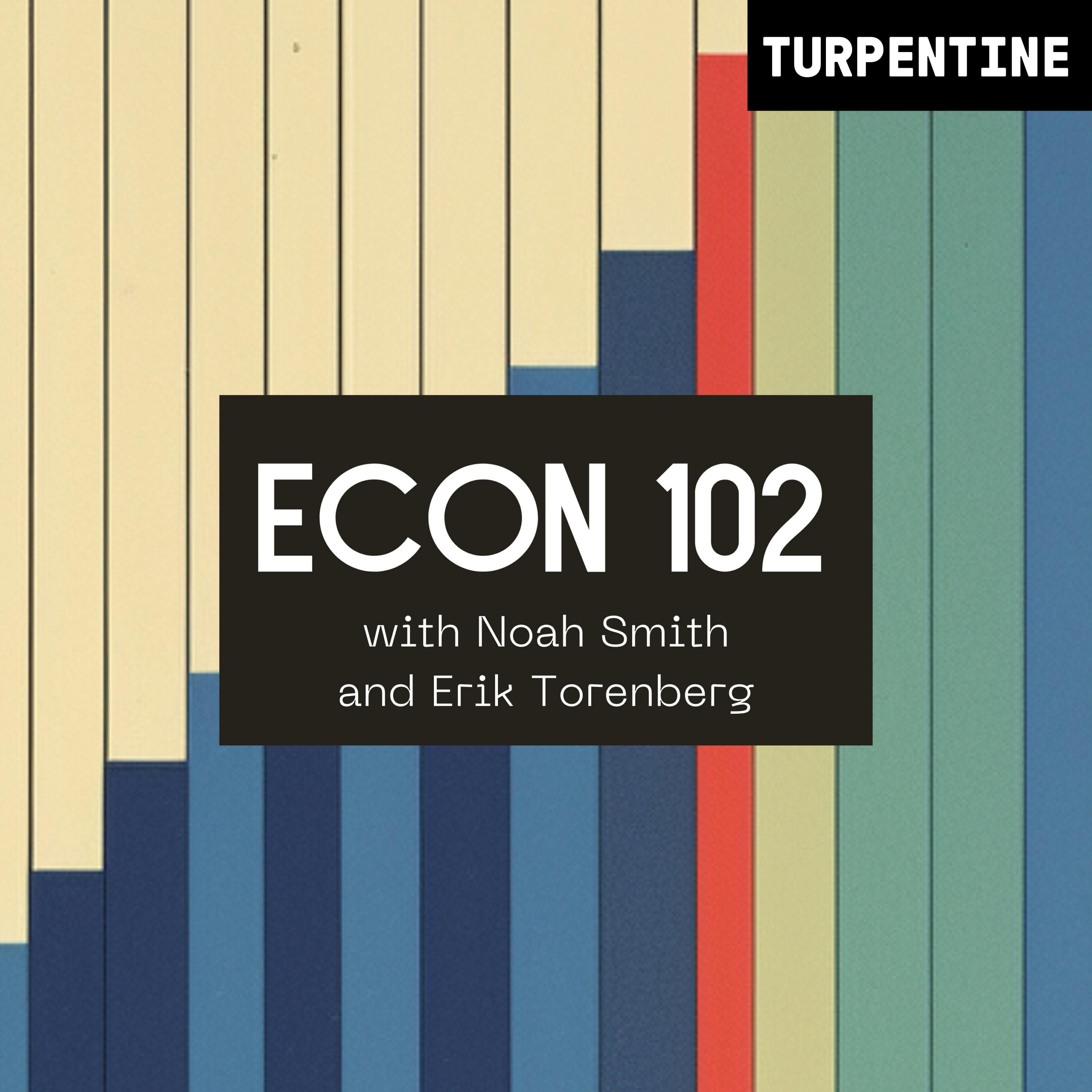PortalsOS
Related Posts
Vote to see vote counts

The U.S. economy is dynamic and difficult to read at any point in time. Currently, the labor market's low hiring rate and low layoff rate create a bifurcated experience for workers, depending on their employment status.
Full-time employment is a bug of the system, not a feature. In reality, if you lower transaction costs, we're going to see companies shrink, and we're going to see a lot more entrepreneurship.

Full-time employment is a bug of the system, not a feature. If you lower transaction costs, companies will shrink, and we'll see more entrepreneurship.

There's a growing sentiment in the world right now. You're working two fucking jobs, getting paid minimum wage, and you know how much the CEOs are making. It's like you're filled with unease.
The U.S. labor market is currently characterized by a low hire, low fire environment. This means workers with jobs are secure, but new entrants or those unemployed face challenges finding employment.

Salaries have been rising consistently, but when measured in gold, they've actually been falling since 1970. This suggests that in terms of stable value, we're earning less than ever before.
With AI, we've switched into a different mode where actually, if you're laying people off, that is a bullish signal because it shows that you don't need all these people to run your business.

There is a concern that AI could lead to a future where the economy is dominated by capital over labor, with universal basic income replacing jobs.

AI isn't replacing jobs yet, as unemployment is low among jobs that use AI, while rising in jobs that don't.

The job market has been tepid for the entire year and is still not posting good numbers. That should trigger a lot of things on the price side that we're also not seeing.